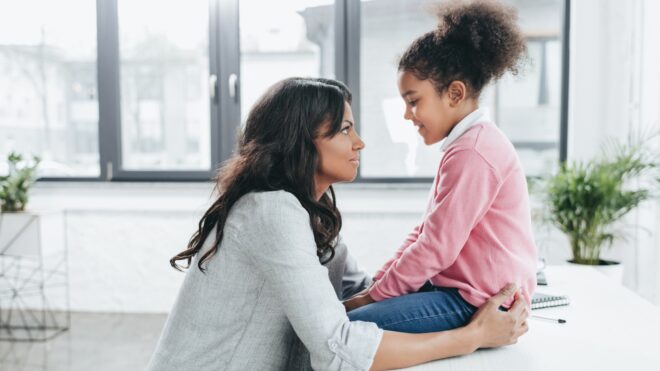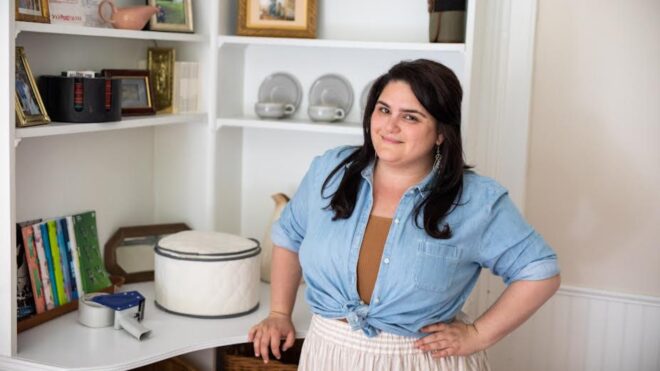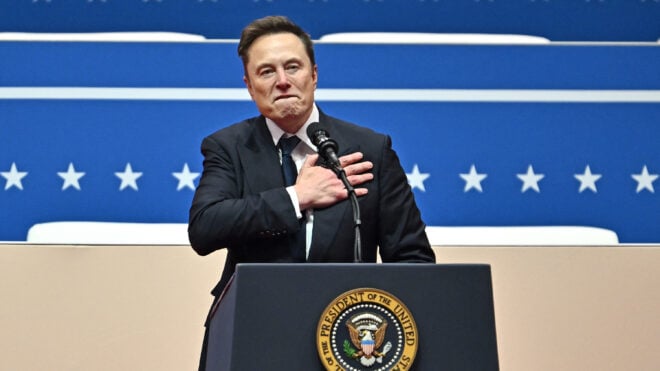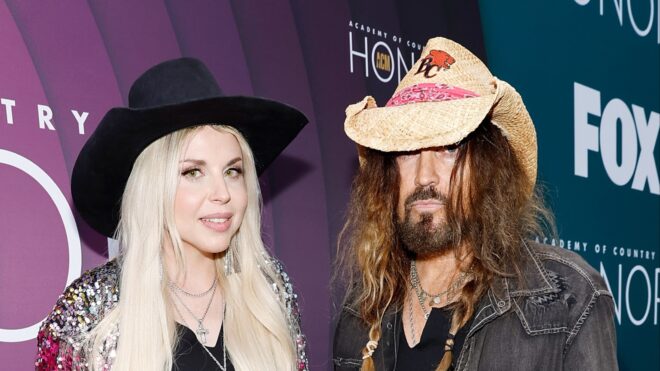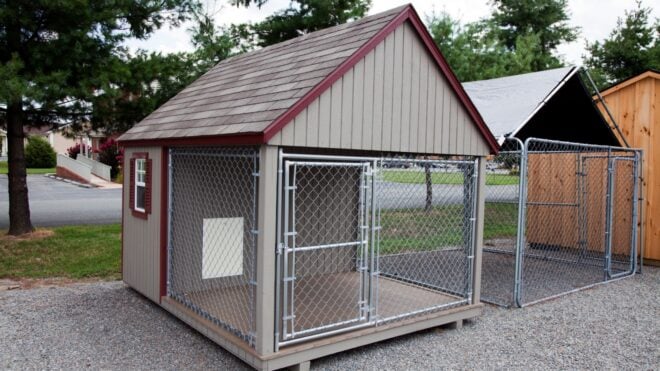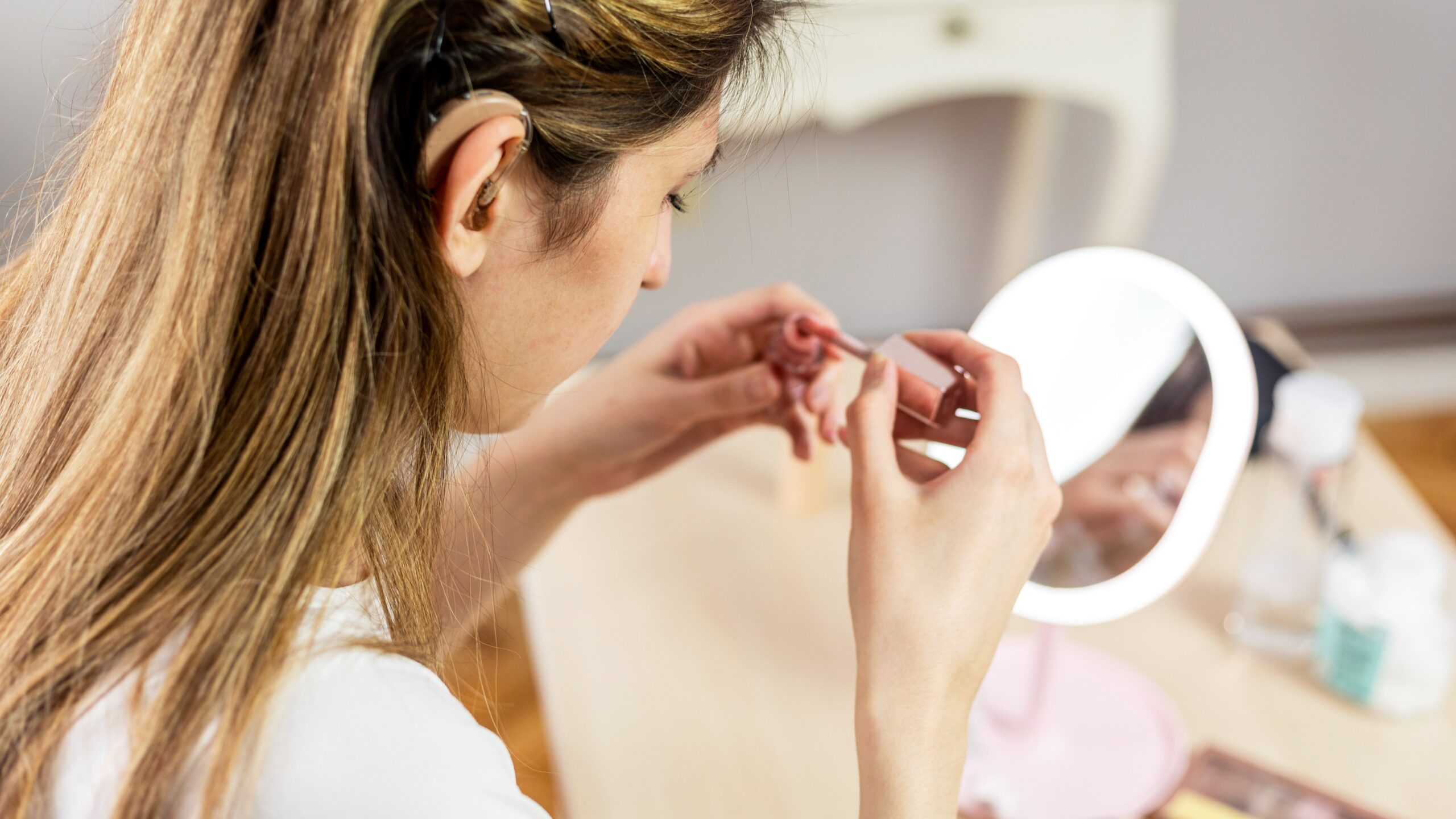
For some people living with hearing loss, a cochlear implant can vastly change their quality of life. In 1981, the technology became available to help provide a sense of sound to people with hearing loss.
In 1987, that technology would change Valerie Candela's life. A decade prior, Valerie was working as a nurse when she contracted a virus from a patient. That virus caused Valerie to lose her hearing entirely. The hearing loss became stressful to Valerie during her first pregnancy, in 1986.
More from LittleThings: This Brilliant Mom Of 2 Decided To Create A 'Divorce Registry' After Her Separation
Valerie's life as a wife and mother was transformed by getting the cochlear implant. It empowered her to leave her abusive relationship and start a new life with her daughters. Valerie spoke with LittleThings about those changes as the cochlear implant celebrates its 40th anniversary.

Valerie Candela was working toward becoming a nurse. As a nursing school student, she came in contact with a patient, and it changed her life. Valerie contracted a virus from that patient, and it led her to lose her hearing.
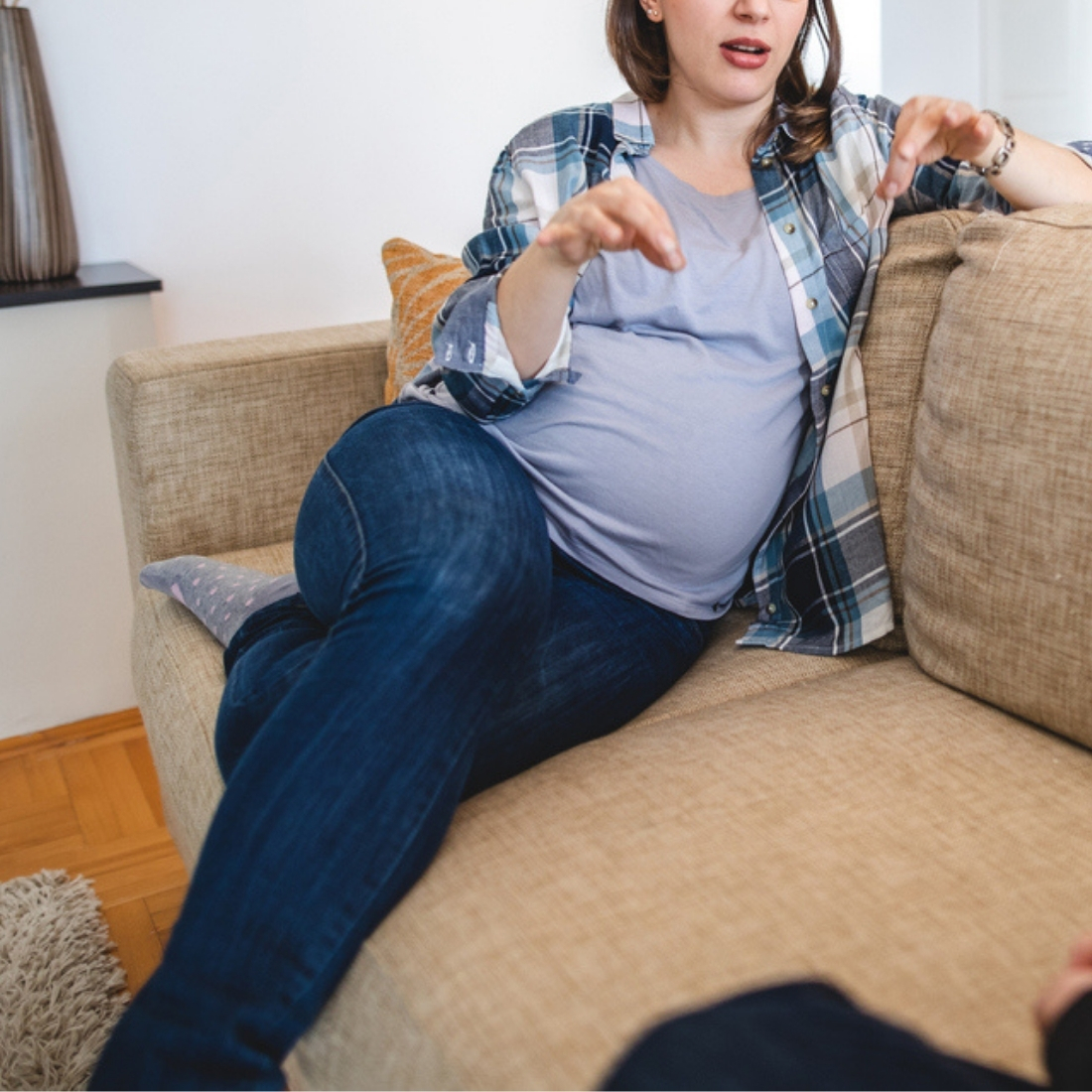
In 1986, the hearing loss began to take its toll on Valerie. She became pregnant for the first time and realized how her hearing loss might present challenges as a mom.
"My pregnancy was pretty easy," Valerie recalled.
"The baby was protected, so it wasn't until close to giving birth I started to worry about hearing her cry or taking care of her."
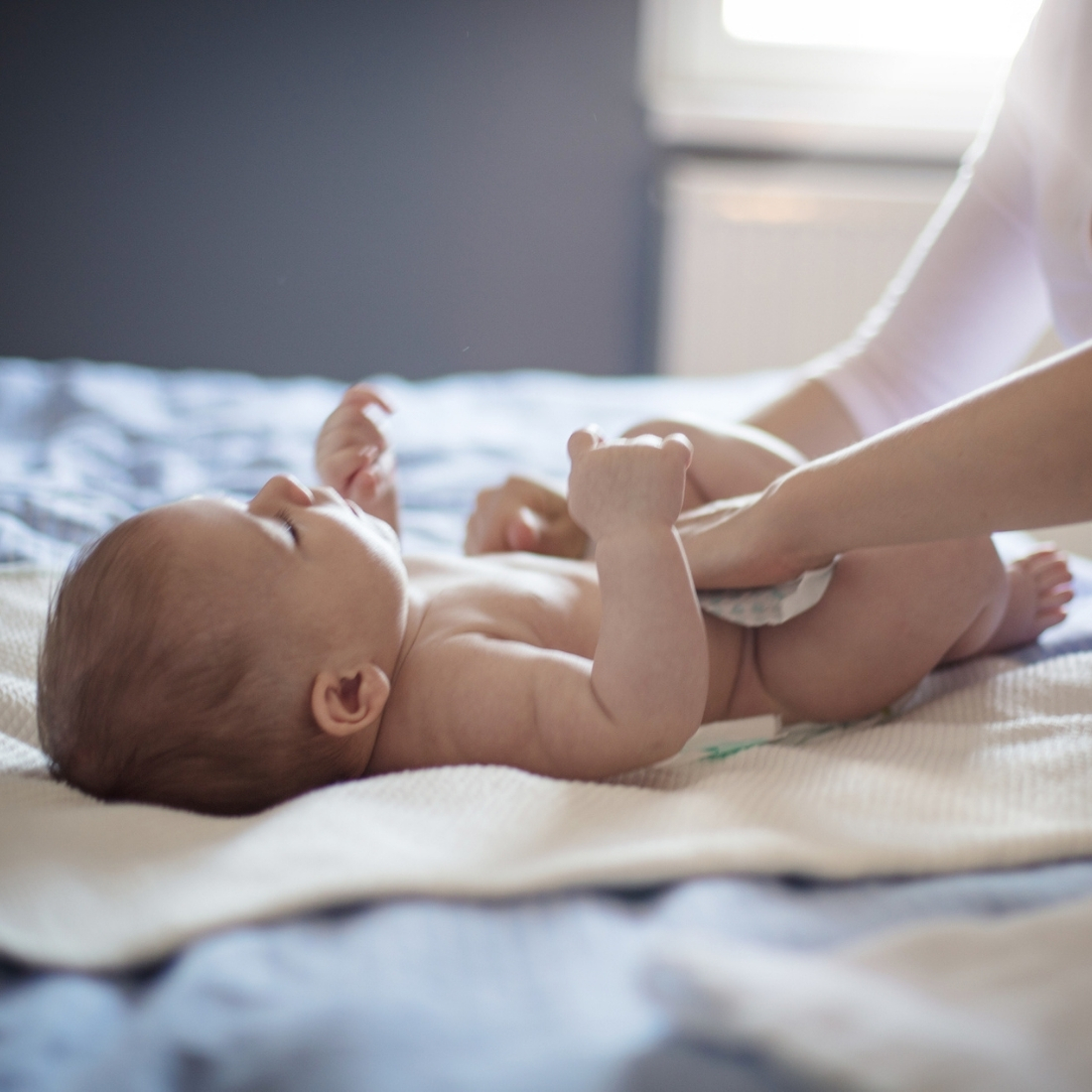
Being a new mom with hearing loss was a struggle for Valerie. "At that time they had crazy devices, like a baby crier," she recalled.
"When my daughter cried, the light would flash. I would keep my daughter within my sight or in a papoose. I felt very confident and relaxed when I could see her."
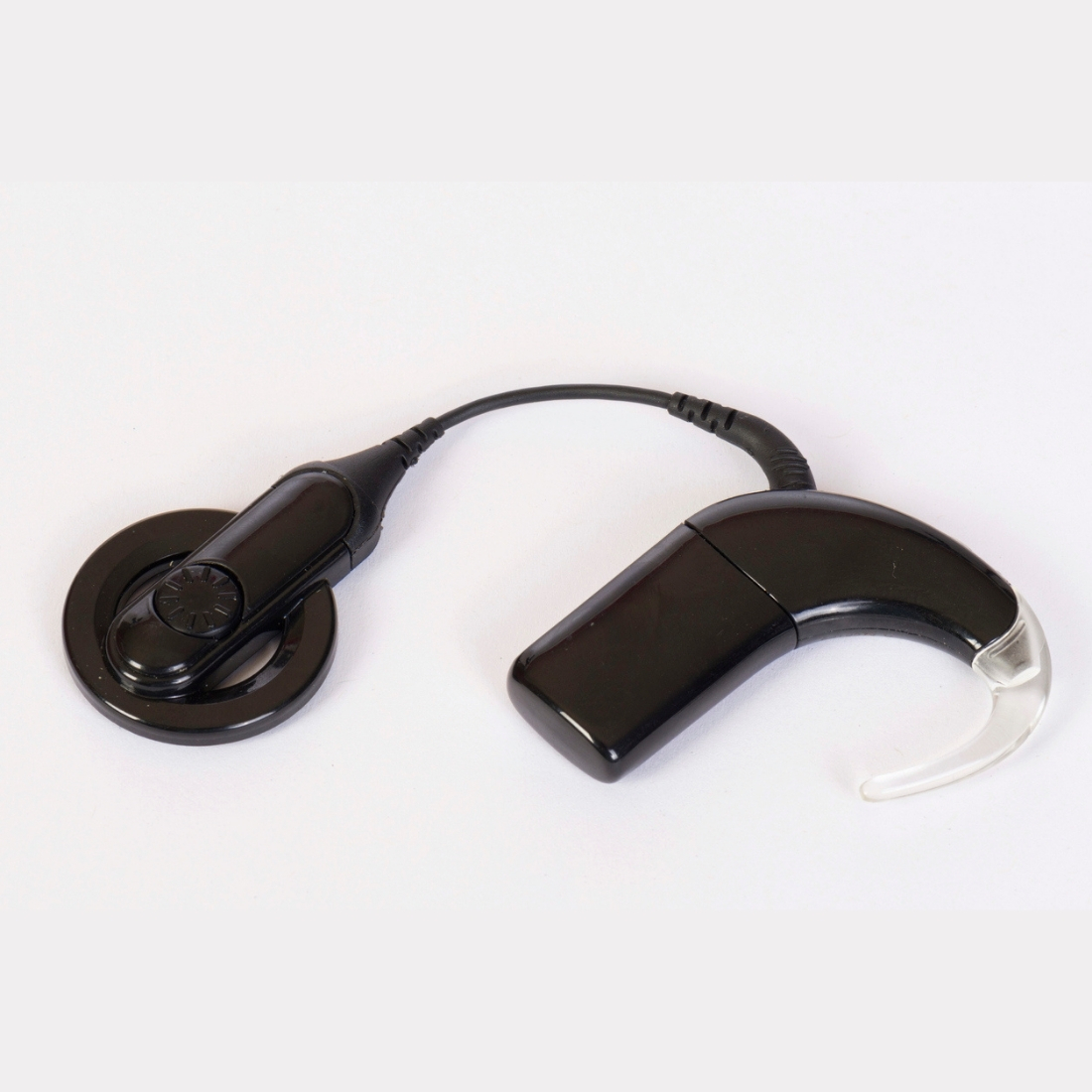
Despite her frustration, Valerie did learn about an opportunity that she was a good candidate for.
"While I was pregnant in 1986 there were many articles about cochlear implants," she recalled.
"The FDA had just given the approval for adult implantation. There was also an article about Dr. [Simon C.] Parisier and Pat Chute. We contacted the team for a consult."
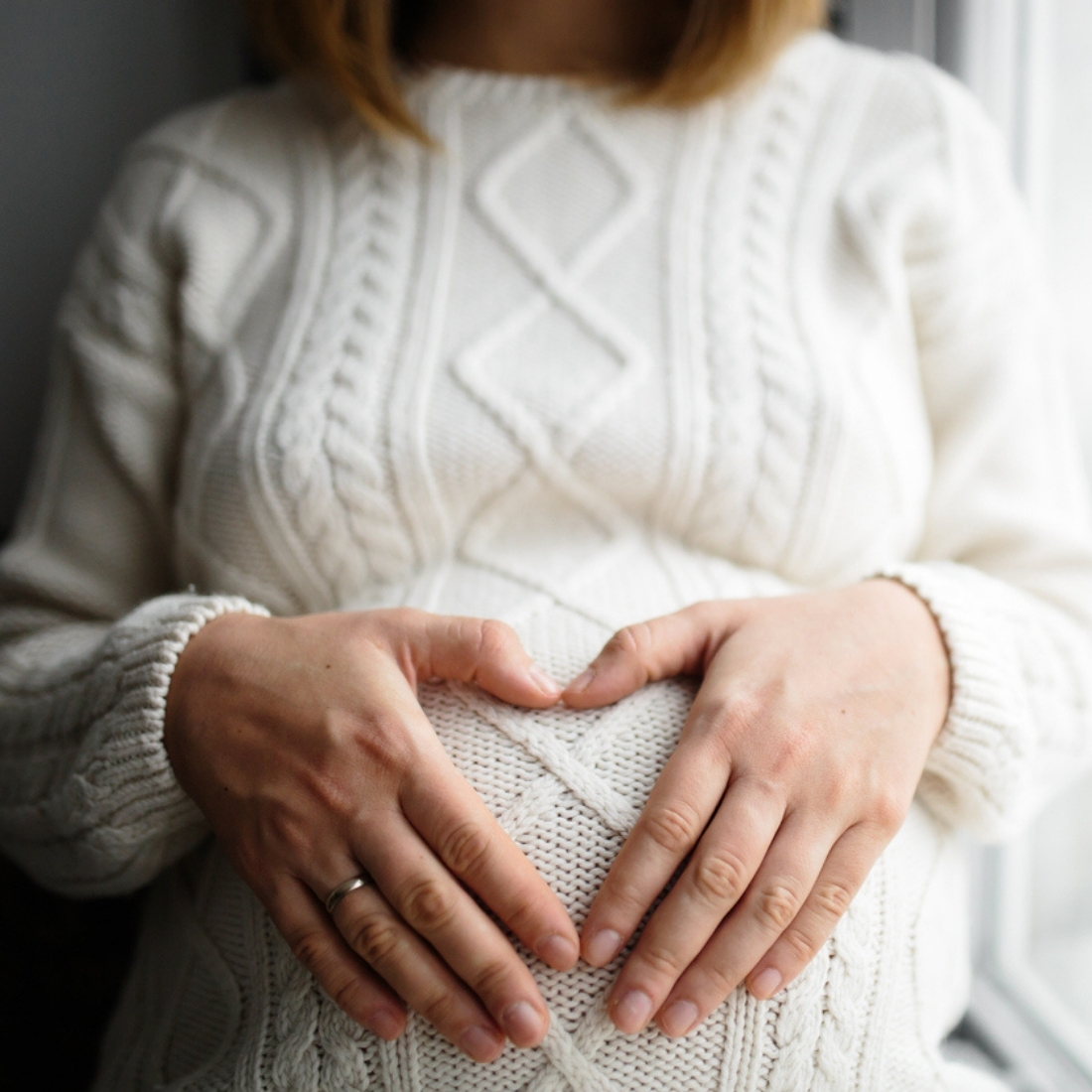
In 1987, Valerie became one of the first adults in the United States to get the cochlear implant.
"The realization that my life will never be the same happened when my external device was connected," she recalled.
Valerie would go on to experience a second pregnancy, this time able to hear throughout the process.
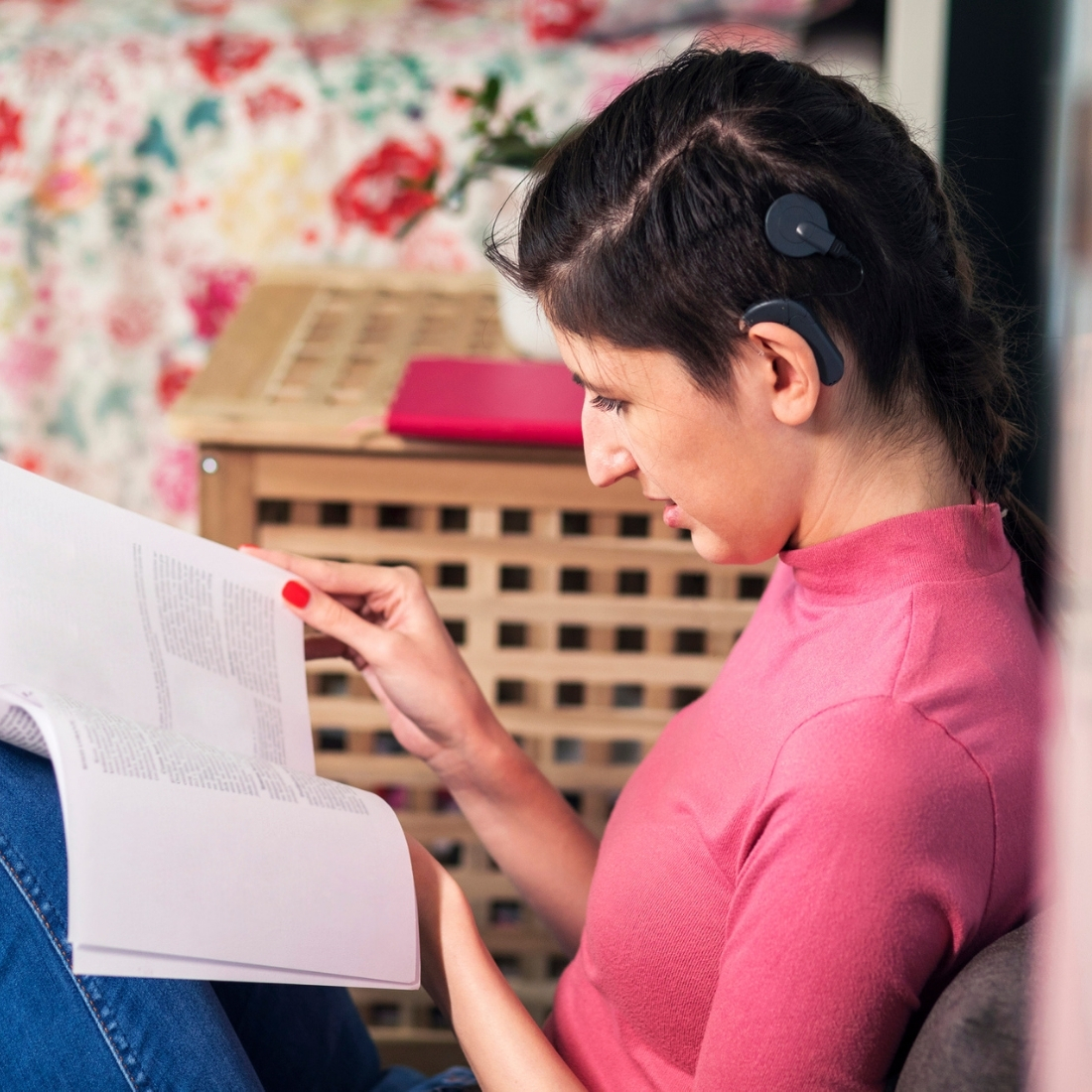
Valerie felt empowered with her cochlear implant. That said, she recognized that many people didn't understand how it works.
"The implant works based on the nerve impulses that are left," she explained. "Everyone hears differently."
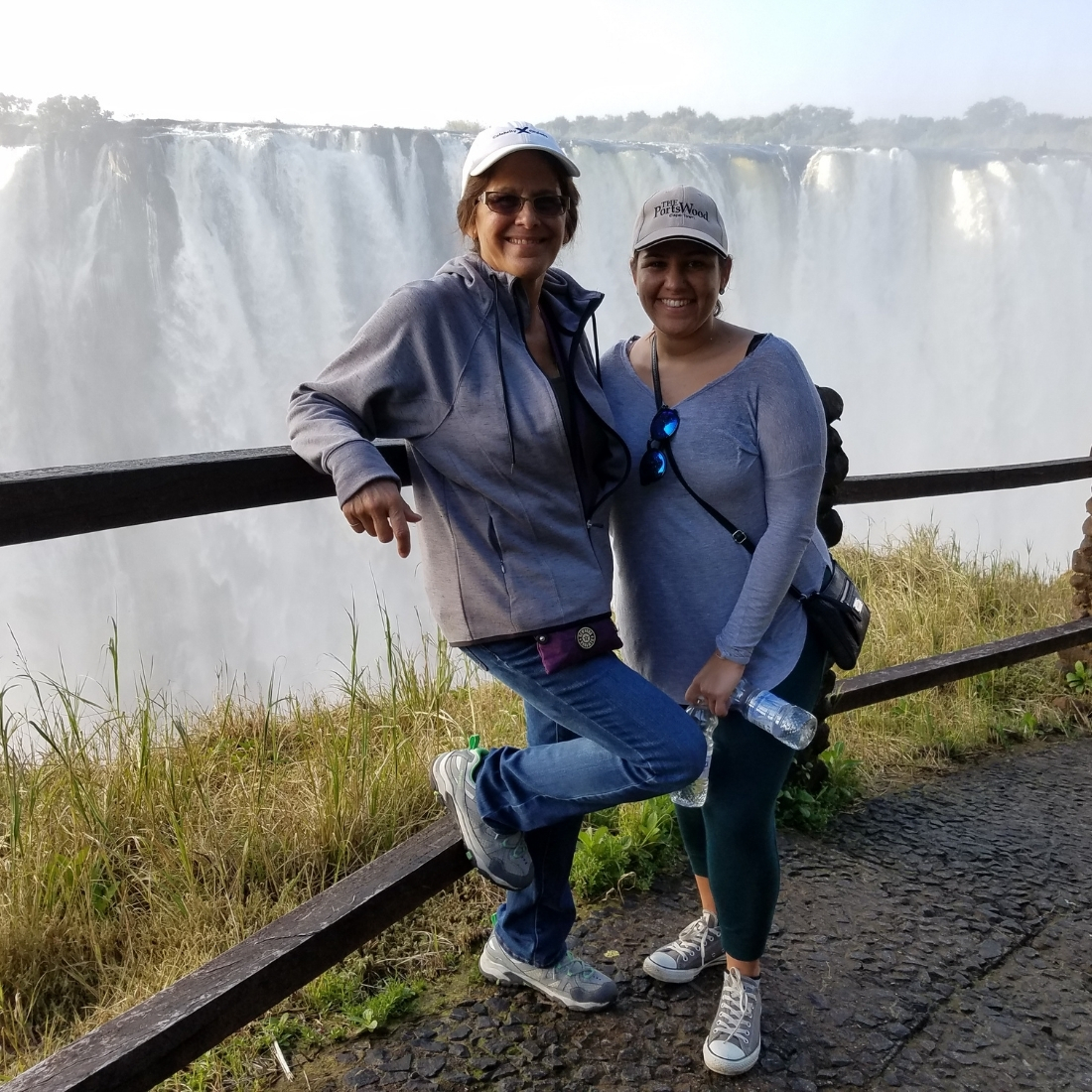
For Valerie, the implants have helped change the way she feels about where she stands in society. She believes there are a lot of facts about hearing loss and cochlear implants that people misunderstand.
"I think the misunderstanding is that if you're born with hearing and then you lose it, you don't belong anywhere. I was not part of the hearing culture nor the deaf culture," she said.
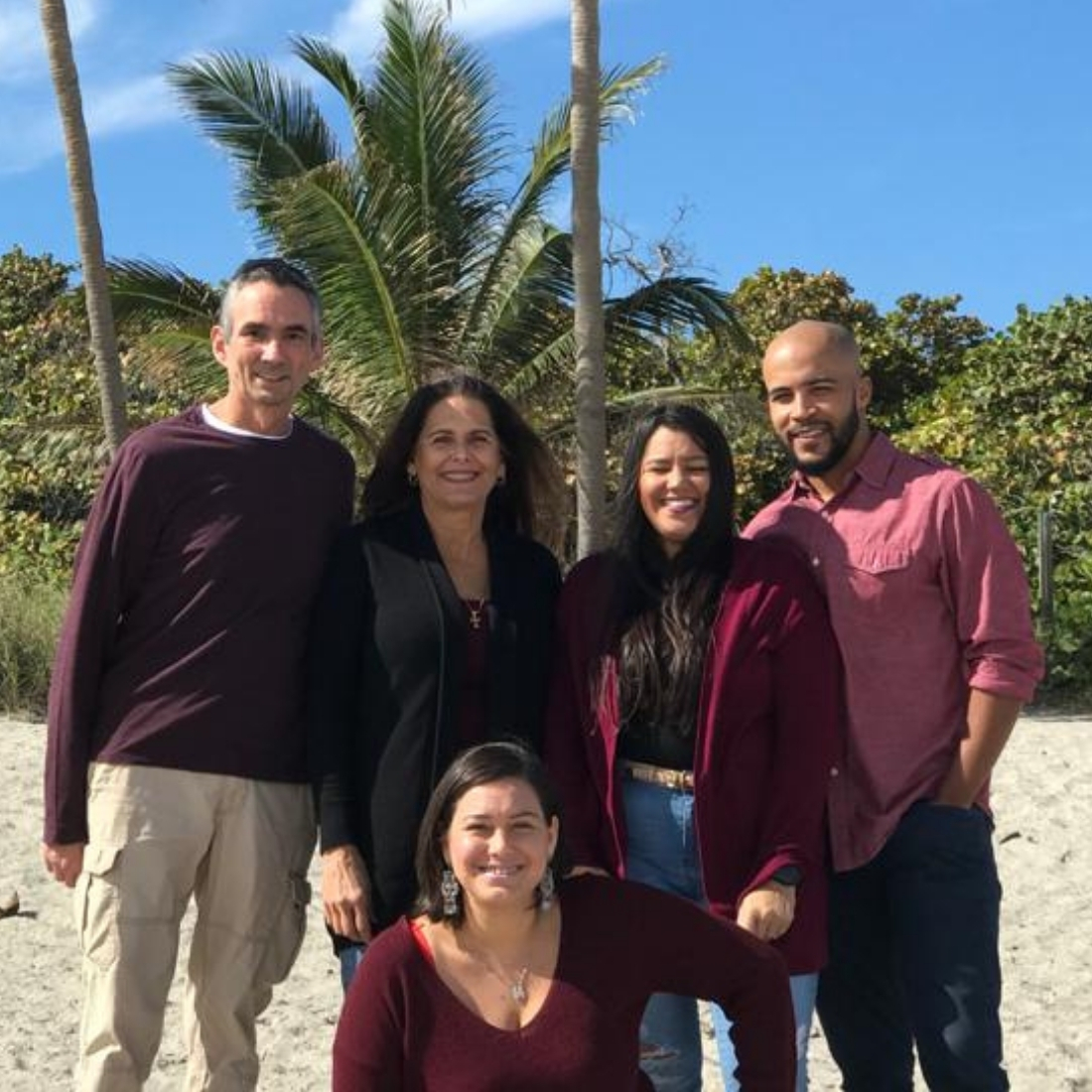
Valerie would also like for people to be patient and considerate of those with hearing loss. A recent new survey shows 95% of people with hearing loss say masks inhibit communication, so many are struggling right now.
"People need to look up and speak clearly. You never know what someone's situation is," Valerie noted.
"I don't wear a sign that says, 'Hey, I'm deaf and have cochlear implants!' Be kind and be patient. Everyone is struggling."


